

Since Dungeons & Dragons was released in 1974, tabletop role-playing games have occupied a special place in the pantheon of games. While they’re similar in some ways to many other tabletop games, the elements of social interaction, cooperative storytelling, and character ownership set them apart as unique.
The idea of getting into the tabletop RPG scene is appealing to many, but taking your first step into the murky waters of the RPG universe can be intimidating. If you’re interested in getting a taste of the action, but are a bit too introverted—or just don’t have the opportunity—to join a local gaming group right away, you can use these online options to give it a try.
If you want to learn the basics of how RPGs work, Conclave will help. In essence, it’s a online tabletop RPG that you can play on your own. The storytelling is taken care of by the site, so you don’t need a game master to run things. You’ll create a character, move through the story, roll dice to attack and defend against enemies, and make choices that drive the story, just like in a tabletop game.
Obviously, the social aspect of RPGs is one of the core factors that make them so popular and unique, and playing solo and online significantly diminishes that. You can team up with other players, though, to get an idea of how you can work together to solve problems in RPGs.
Another way in which Conclave differs from regular RPGs is that you can only contribute to the story in a very limited way. Still, it’s a good way to become familiar with the overall mechanics of how a role-playing game works, and the first five quests are free, so you can see if you like it before paying for the rest of the game.
The big advantage of playing RPGs online is that you don’t have to learn all of the rules to get a feeling for what it’s like to play. Dungeons & Dragons is one of the “heavier” RPGs, meaning it has a lot of rules. A lot of rules. By playing the official game on Steam (if you’re still using Steam, anyway), you’ll get to skip to the good part a little faster than if you were trying to learn the rules from a book.
Obviously, you need have a basic understanding of the rules, but because so much of it is automated, it’ll be a bit easier to get into the game. You’ll still need to find a group to play, but this should provide a pretty good beginner experience.
Beyond Conclave, most of the websites out there for playing RPGs online are collections of tools that allows players to meet and play any game they’d like online. There are tons of RPGs out there—Dungeons & Dragons, of course, but also Rifts, Call of Cthulu, World of Darkness, Pathfinder, Fiasco, Fate, Star Wars games . . . the list goes on and on. And sites like Roll20 help you play those games online.
A quick look at the Looking for Group listings shows that there are tons of games being played on Roll20, and that a lot of them are looking for players. Quite a few of them are open to beginners, as well, so this is a good place to start looking for your first tabletop RPG experience. You can also look for groups on the /r/roll20LFG subreddit.
By combining a number of tools to make character creation and playing easy, Roll20 helps you focus on what’s important in RPGs—the story-telling. Once you get a feel for how it works online, you’ll be able to play anywhere.
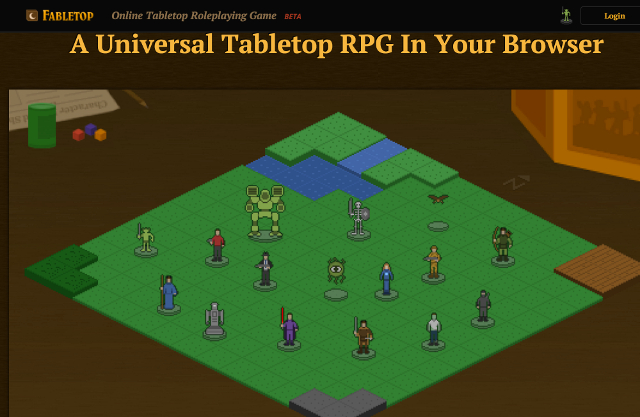
Like Roll20, Fabletop is an online set of tools that helps game masters run RPG sessions. Unlike Roll20, however, Fabletop has a set of built-in rules that makes it easy for players to join any game at any time without having to learn new rules. The rules are also optimized for text-chat-based play, as Fabletop doesn’t support video or audio chat (which might be good for introverts like myself looking to get started!)
Despite having a set of rules built in, Fabletop allows for a lot of variety between games; just about any genre or character type can be created by the game master, but the built-in rules minimize the time spent on rules discussions, which makes it easier for new players to get started.
Although there aren’t as many players on Fabletop as there are on Roll20, it’s still a pretty active community—I’m writing this on a Wednesday morning, and 36 games have already been posted this week.
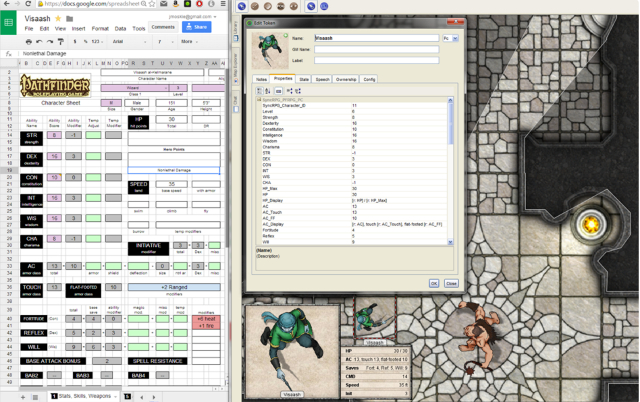
Like Roll20 and Fabletop, SyncRPG allows people to play pretty much whatever game they want online. The Riverford Freelancers, a series of one-shot games based in the same world, is hosted on SyncRPG, and the games are public, so sitting in on one is a great way to get an idea of what a session is like. The sessions are also streamed on Twitch and saved on the SyncRPG YouTube channel.
As with other sites like it, there are plenty of “looking for group” entries, and you can browse them to find a game that interests you. The SyncRPG subreddit has a lot of information on the goings-on around the site, and can give you a good introduction to what to expect from games on the platform.
Starting out with online RPGs is a great way to see if you’re interested in pursuing them as a “real-world” hobby. And because a lot of these are free tabletop RPGs, you don’t have to invest in gaming dice or rulebooks to see if you like it! If you do, you might find that you get sucked in, and soon you’ll be downloading all sorts of RPG-assisting apps.
While these five are some of the best and most popular online tabletop RPGs, there are definitely others out there, and if you’ve tried any of them, we want to hear about it! Which is your favorite? What do you like about them, or what do you find difficult? Share your thoughts below!

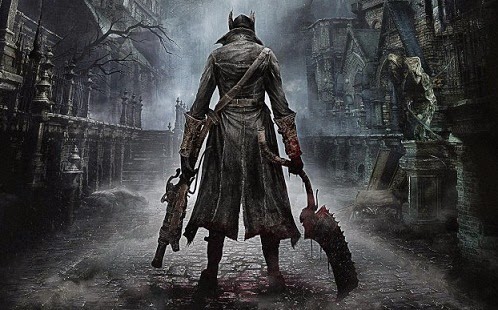


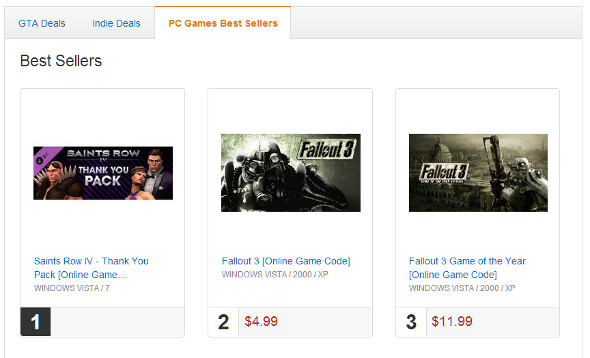 Too Good To Be True? Read This Before Buying Discounted Game Keys
Too Good To Be True? Read This Before Buying Discounted Game Keys Halo 5 Guardians Wiki – Everything you need to know about the game .
Halo 5 Guardians Wiki – Everything you need to know about the game .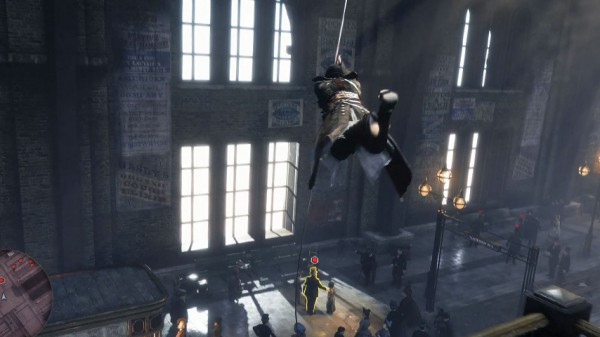 Sequence 7 - Playing Politics and The Bodyguard: Assassin's Creed: Syndicate Walkthrough
Sequence 7 - Playing Politics and The Bodyguard: Assassin's Creed: Syndicate Walkthrough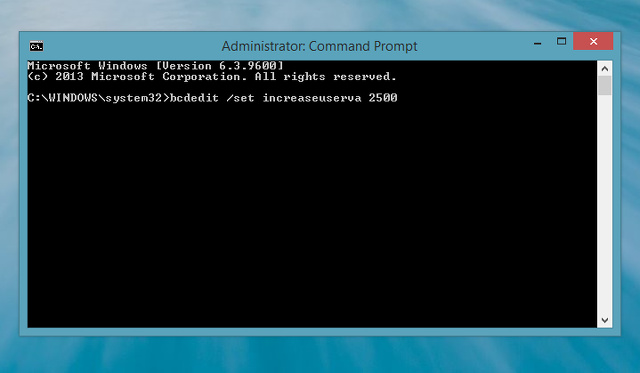 8 Issues Plaguing Battlefield 4 And How To Fix Them
8 Issues Plaguing Battlefield 4 And How To Fix Them 8 Things You Probably Don't Know About GoPro Cameras
8 Things You Probably Don't Know About GoPro Cameras